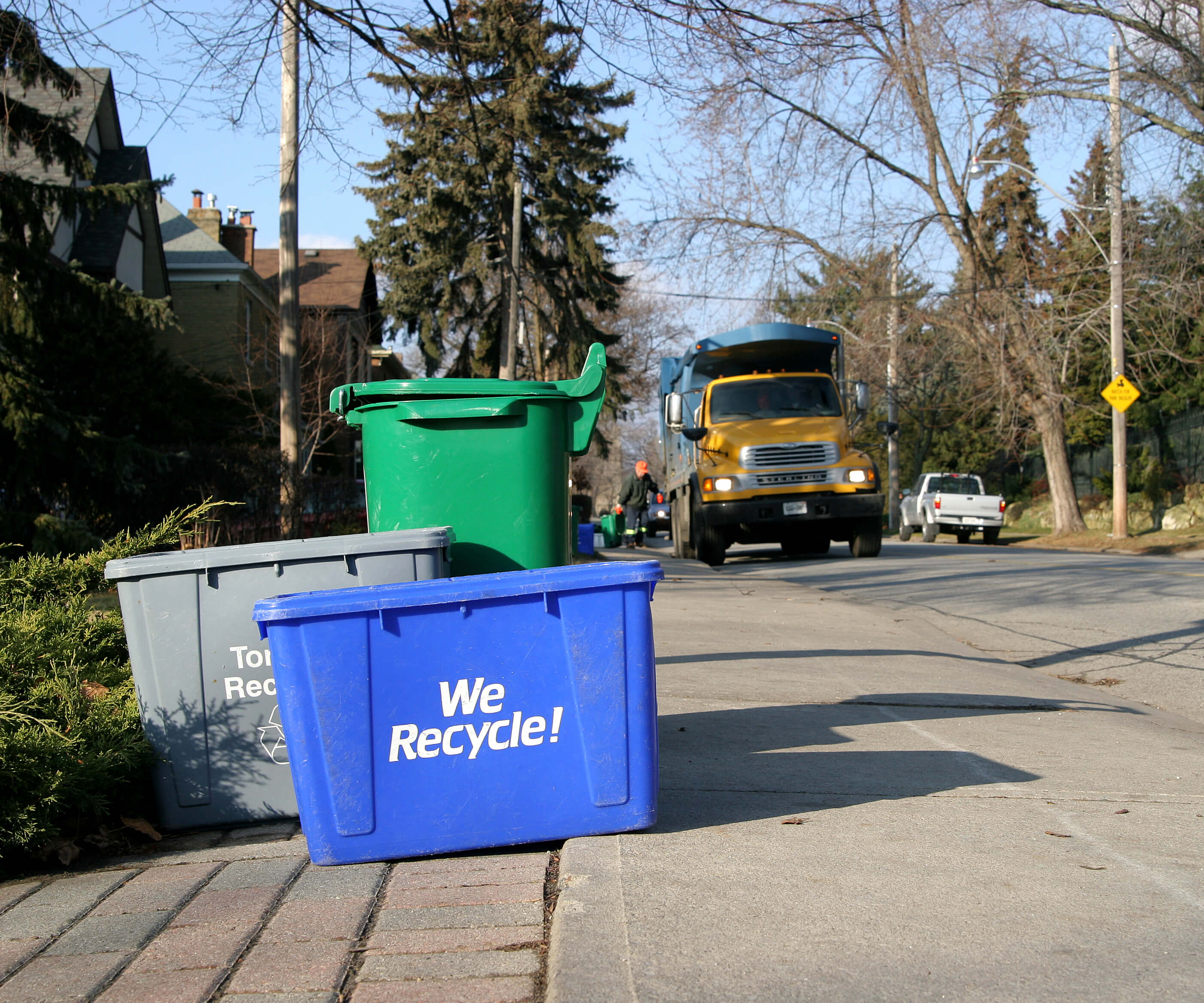
The Importance of Garbage Collection
Garbage collection is not the latest hobby or the personal opinion you may have if you think your collection of eight-tracks is garbage. Collecting solid waste is a serious business, and its categorization, gathering, and disposal has equally serious consequences for the population and the environment.
Categories of Garbage
Garbage first falls into two broad categories. The first, Total Solid Waste (TSW) is the aggregate amount of solid waste produced in the country each year by everyone. The second, Municipal Solid Waste (MSW) is the amount of waste produced in individual municipalities across the country.
Garbage, or solid waste, is next classified as reusable, recyclable, or other. Waste management programs incorporate methods to separate materials in the three categories for collection and appropriate disposal. Garbage collection is the middle stage in waste management programs, and it what the other stages revolve around.
Stages of Waste Management
Effective waste management is an integrated, six stage process.
The first two stages, generation and storage (onsite), are concerned with the origins of waste and preliminary gathering. For the purposes of home collection, any material that is disposed of before its useful life has been exhausted is considered waste and collection covers three areas: Recycling, composting, and what does not fit in the other two classes. Using separate bins, consumers are expected to place waste materials in their designated storage bins.
The next stage, collection is handled in one of two ways. Either consumers are expected to transport their waste to large collection facilities – landfills, and recycling/composting centers – or the municipality has arranged for the garbage to be picked up at the consumers home, usually a curbside operation. This process involves the deployment of waste collection vehicles (garbage trucks) to gather the materials.
The final three stages – transport, processing and recycling, and disposal – concern themselves with moving the collected garbage to designated areas. The trash is then separated into recoverable items that are recycled or reprocessed into raw materials or other usable products. Material not recoverable is then directed to landfills or incinerators for final disposition.
Waste Management Companies
Waste Management Companies provide a service that protects society and the environment from the accumulation and polluting effects of garbage, and improves the overall quality of life. By developing successful programs for the collecting, recycling, and proper disposal of trash, raw materials are preserved, pollution is reduced, and environmental impact lessened. Although garbage collecting and garbage collectors are viewed negatively, those areas that have experienced the negative effects of inadequate services understand the true value of their efforts.
Proper garbage collection and disposal facilitates improved recycling and a subsequent reduction in waste generation, lessens the impact on landfills, and protects the environment through effectively controlling the pollutants and contaminants that are released.